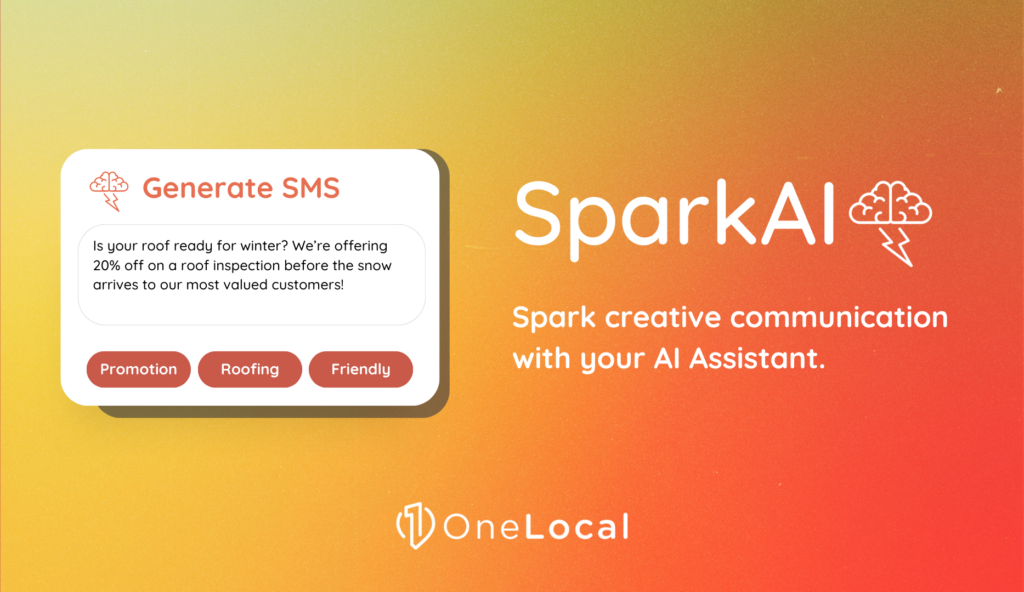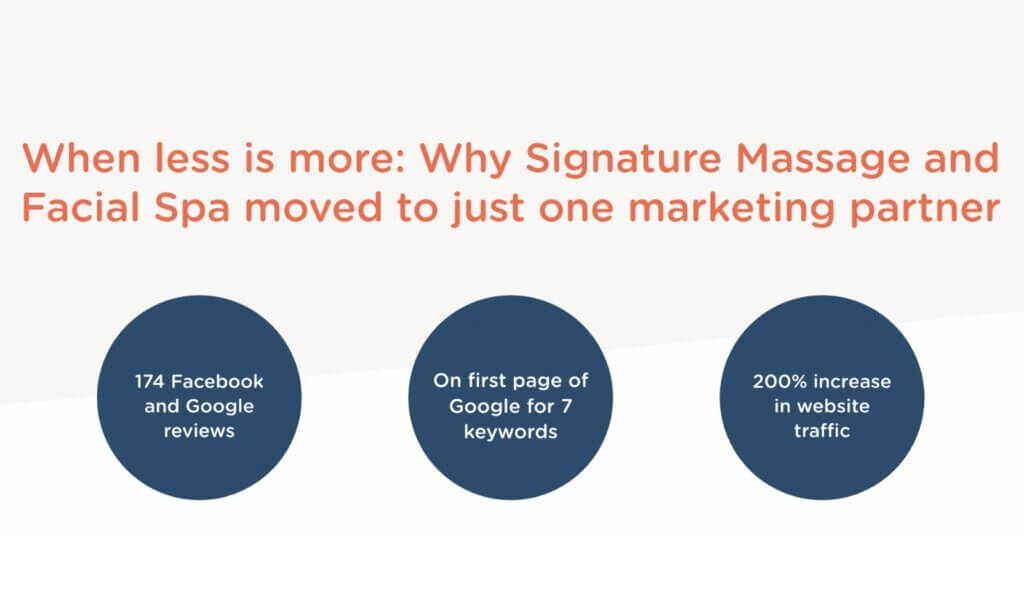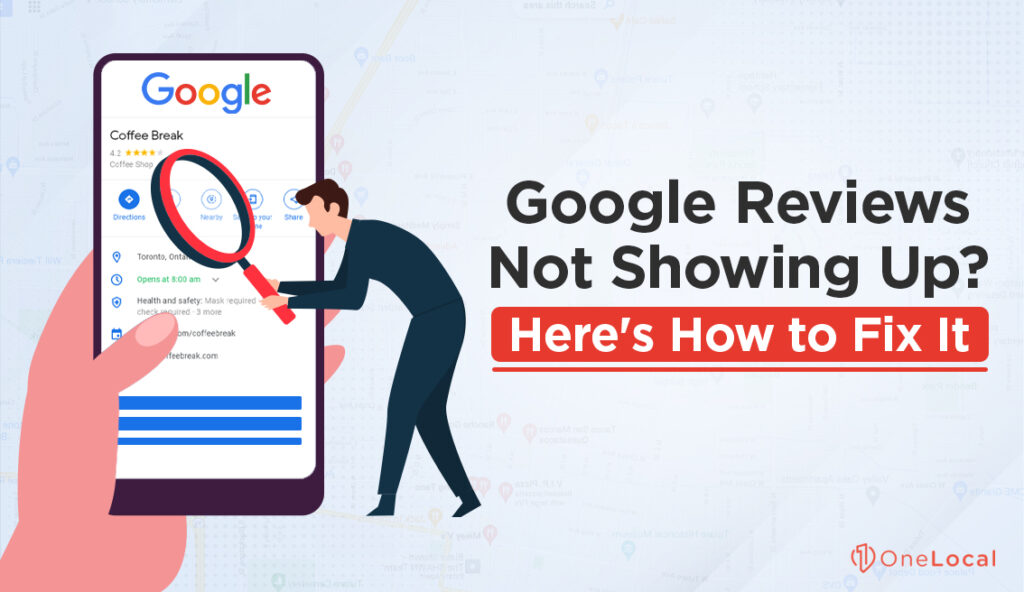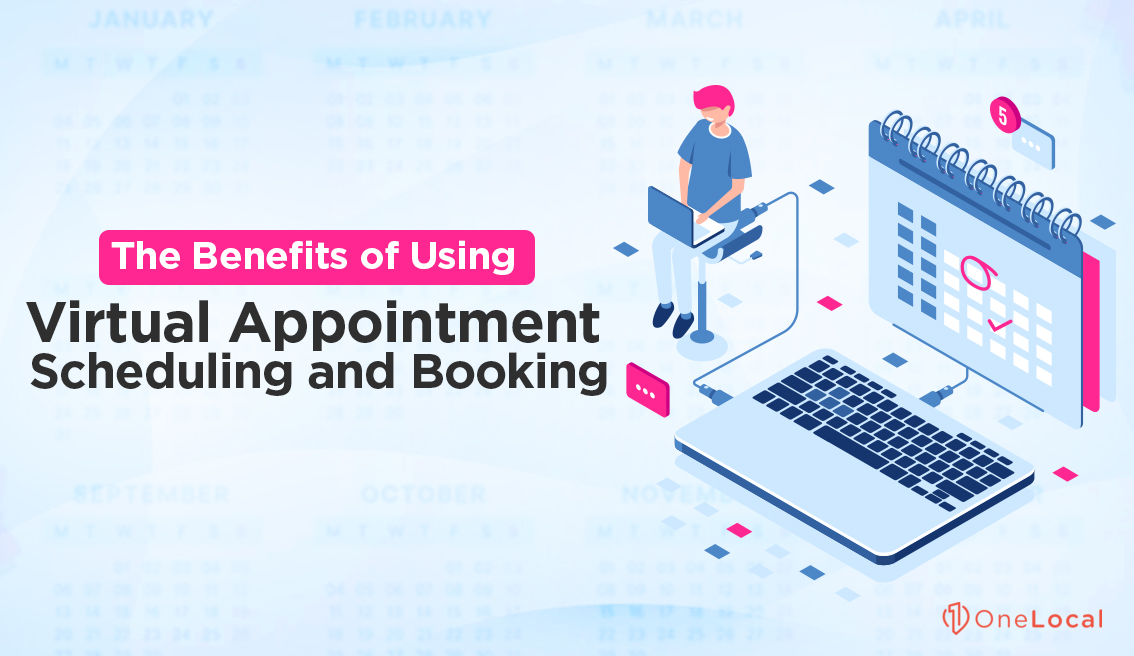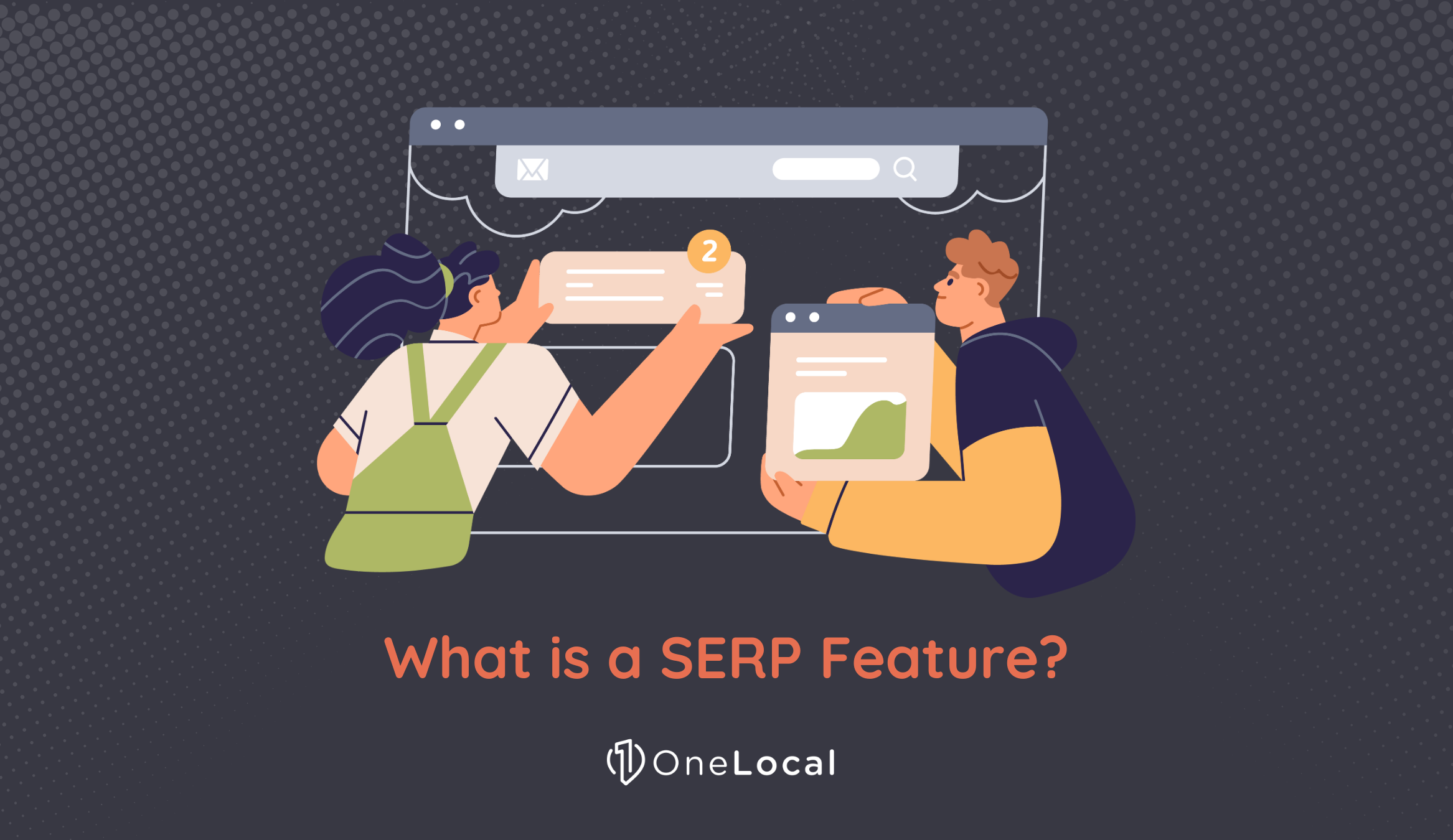Do your phone lines ring off the hook from the moment you open – or even before – to well after closing time? When you’re open, do customers or potential customers line up out the door, waiting hours for the chance to meet with you? Did your business suffer dramatically from customers staying away out of concern for their safety when they otherwise would have come in to book an appointment?
If any of these are true, you may be able to benefit from a virtual appointment scheduling and booking system.
What is a Virtual Appointment Booking System?
A virtual appointment scheduler and booking system is a computer system, often cloud-based and open to the internet, that allows potential clients or customers to access it remotely. These potential customers can visit your website, follow a simple process, and schedule an appointment that meets their needs. They can pick a time slot and reserve it for an appointment, give you their information to add it to your system, and have it mesh with your existing calendars seamlessly.
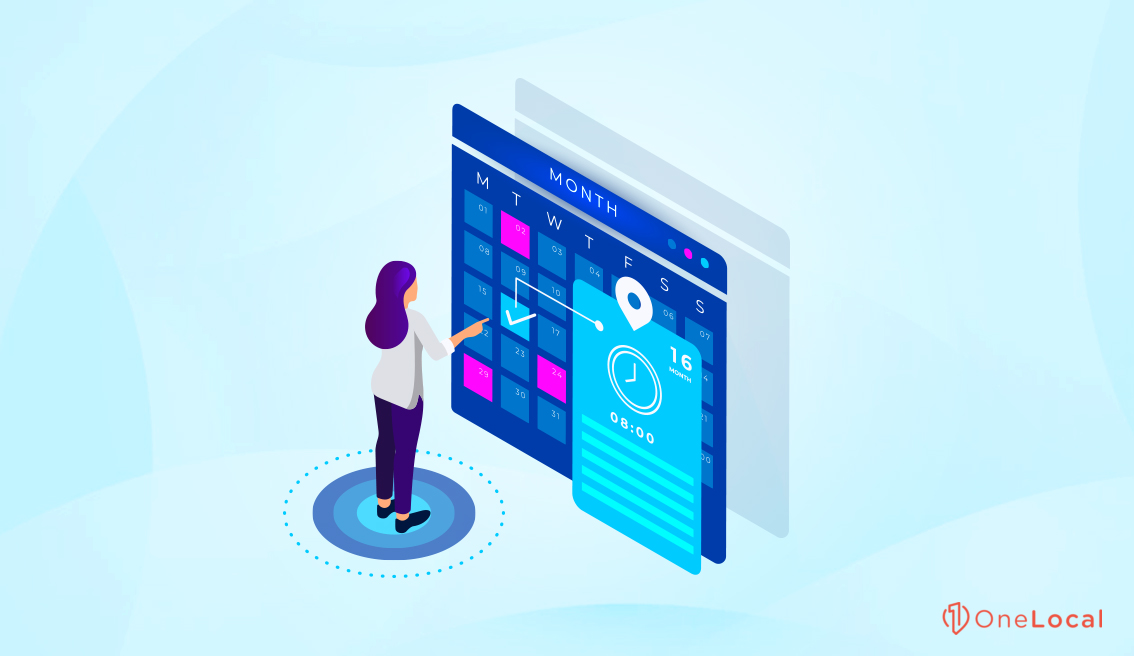
Whether you’re a small business with a dozen appointments per day, a complex office with hundreds of meetings across partners, or a large-scale organization managing the appointments for hundreds of experts, a virtual booking system facilitates scheduling. As you well know, appropriate scheduling for client and customer meetings is critical to the success of your business.
There’s a pervasive fear, especially amongst older businesses, that “if it works, don’t fix it.” This has led thousands of businesses and companies to use archaic systems relying on phones, out-of-date software, individual accountability, and human verification to schedule appointments. Every time you have a slot with no one in it, or a slot double-booked, or have to struggle to move or change an appointment; you know the frustrations that can crop up with these systems.
A modern, virtual booking system has a lot of advantages, so let’s discuss them.
Ease of Use for Customers
Perhaps the most significant benefit of using a virtual booking system is it’s easier for many customers to use. Many virtual booking systems use cloud-based technology, making them easily and readily available from a standard PC web browser or a mobile device.
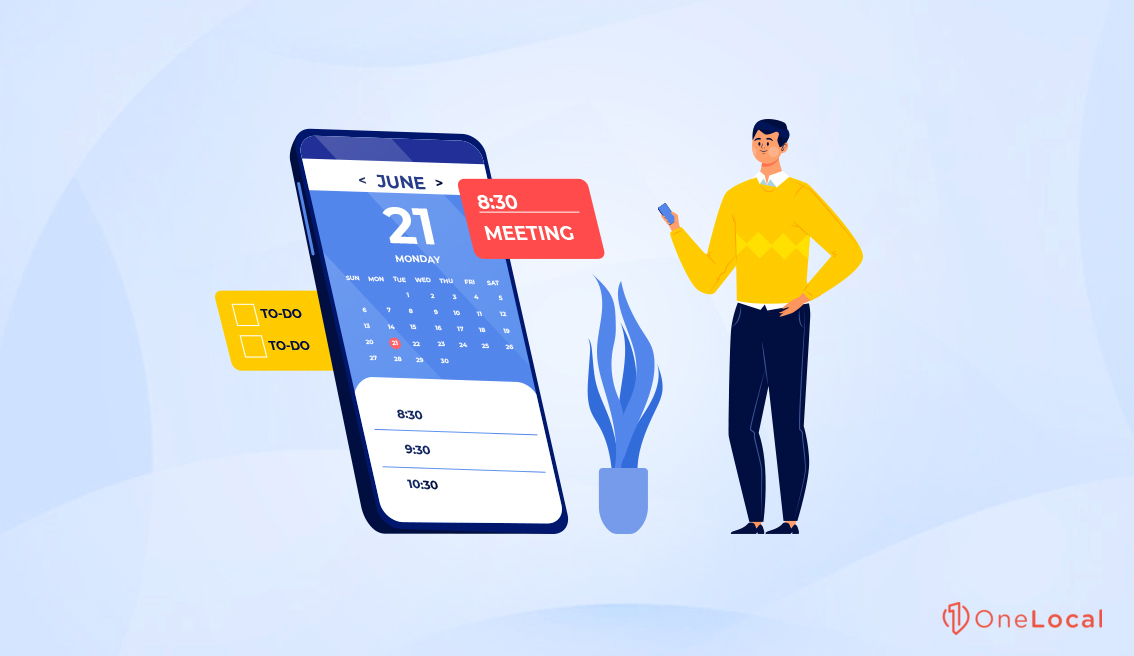
This gives the customer more options. If they want to call to schedule an appointment, they can. If they want to email you to schedule an appointment, they can. If they want to use the self-service system on their PC, they can, whether they’re at home, at work, at a library, or elsewhere. If they want to use a mobile phone to make their appointment, they can do that too. No matter where they are, what device they want to use, or how they want to reach out to you, they can access the same system.
Ease of Use for Employees
How much work do your employees do every day simply setting up and managing appointments? How many hours on the phone are they spending trying to call people, answering calls, sending reminders, and rescheduling missed appointments? Many businesses hire full-time staff only to do this job, while others burden the already overworked front desk staff.
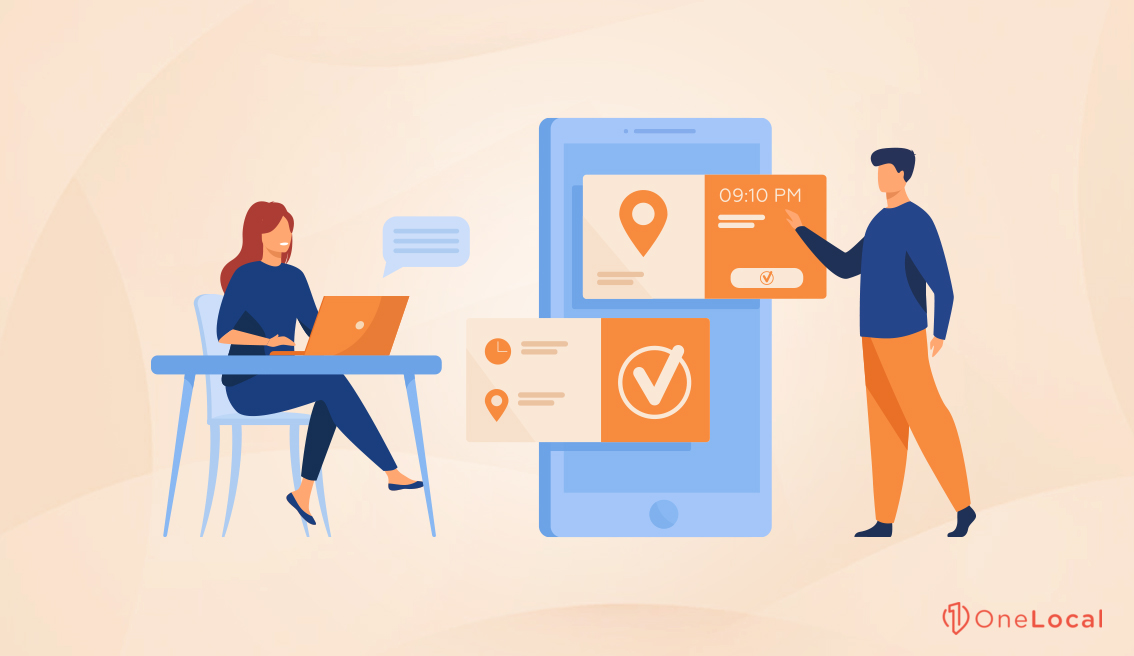
A centralized system helps relieve much of this burden. Many people calling just to set up an appointment can do so online, leaving your staff free to handle other issues and more complex calls. Your phone lines will be less busy, your customers will spend less time on hold, and you won’t need to retain staff whose sole purpose is to answer phones to schedule appointments.
You also reduce errors. A human mistyping a name, a phone number, or a date can screw up an entire appointment. A human mishearing someone on the phone – which can be very common with low-quality business phone service – can prove immensely frustrating to everyone involved. With a virtual system, all of this is laid out clearly in a way that reduces errors.
Reduced Burden on Front Desk Staff
Many companies use front desk staff as a catch-all for various tasks, from answering phones to greeting customers to handling front-line support. Some are even forced to act as makeshift security, issue de-escalation, and as a go-fer. They are some of the most underappreciated, overworked people in business.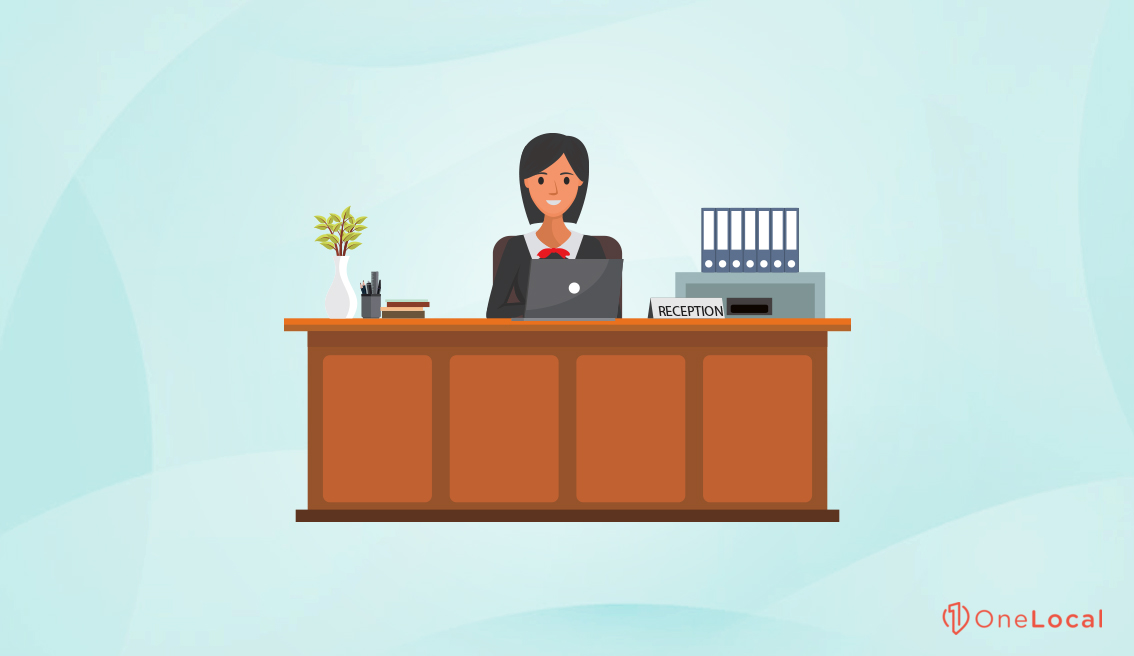
By switching to a virtual system, you free up hours of time from your front desk staff. They are free to handle more complex issues, focus on tasks of more importance, and generally be of higher value to your company. They are free to shine, and you get more value out of their position.
Building a Customer Profile
One of the key benefits of modern appointment booking systems is the ability to ask for a wide range of information that you might not be able to get elsewhere. If a user has to give details over the phone, they might not want to give away some information. You also have to balance the information you receive with the length of a call; asking for too much will delay every call and means a reduced throughput for customer calls.
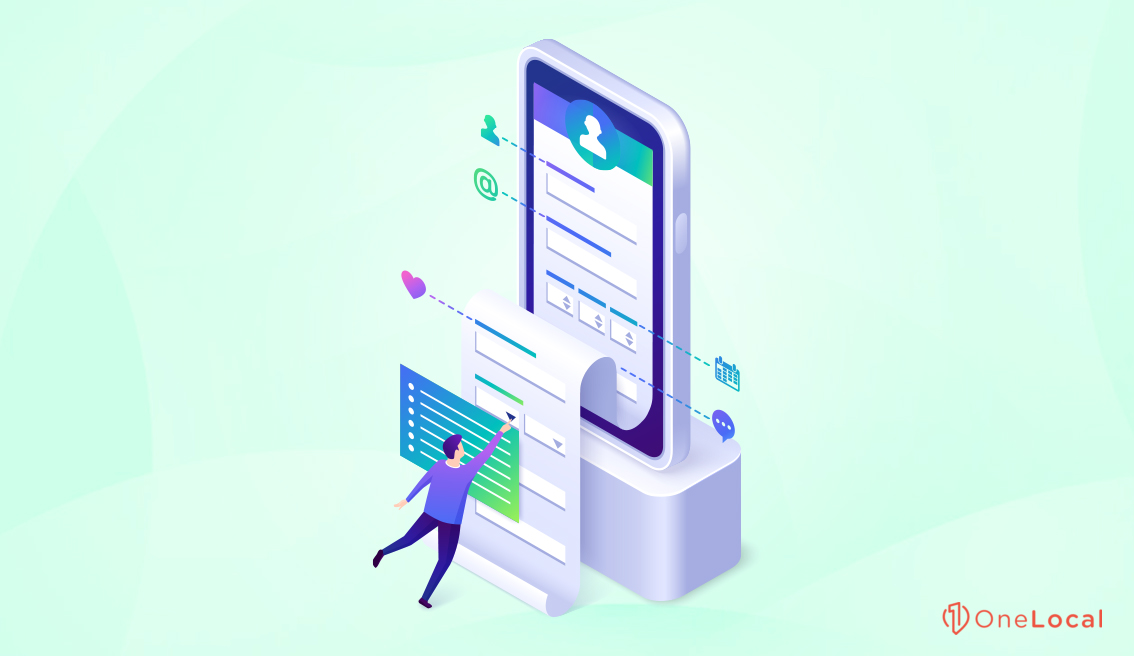
With a virtual system, a wealth of information can be harvested. You can ask users for simple details, offer them the chance to fill out a profile with more, ask optional questions for better, more customized service, and harvest information in the back end without the user even knowing.
More importantly, all of this information can link up with other systems.
Seamless Connection to Payment Systems
One of the other systems that a virtual appointment system can hook up with is a payment system. If users need to pay a deposit for an appointment or pay in advance, they can do so. If they don’t want to deal with paying at the time of service, they can add payment information to their profile, which can be changed as necessary. All of this is backed by industry-standard security to ensure customer information, and especially payment information, is kept secure.
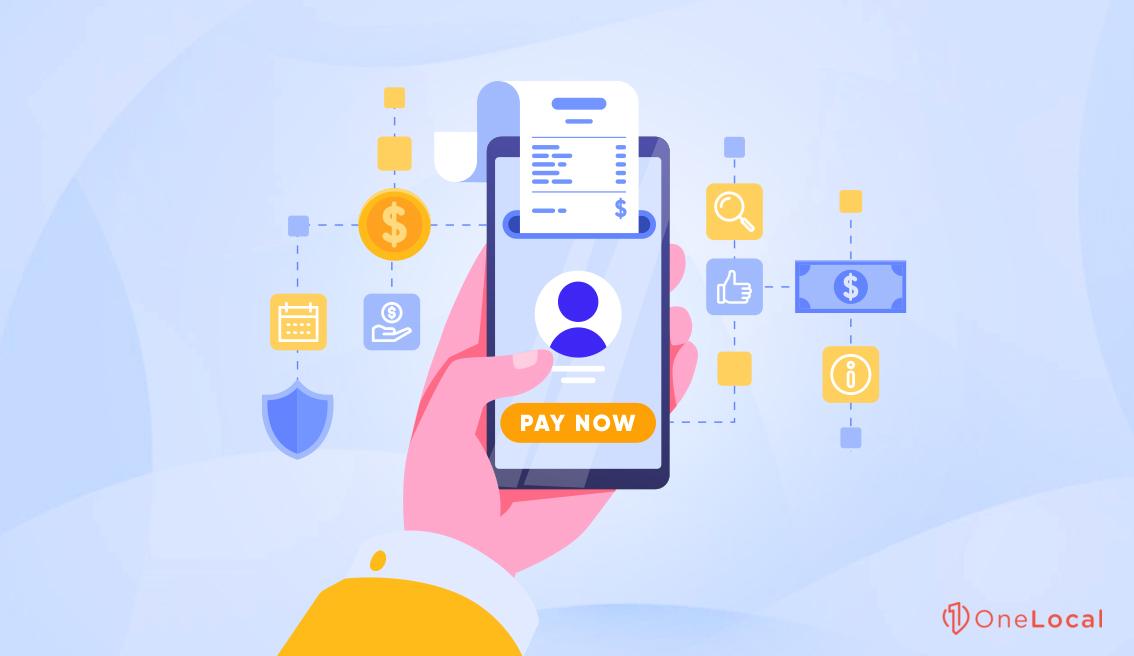
Security is a significant benefit as well. Cloud-based systems run and managed by dedicated companies can provide better security than your small IT or MSP contract can handle. Active development, aggressive monitoring, top-level security, and encryption are standard, non-optional parts of any system that handles payment information.
No such system is entirely secure or without risk. Still, by segmenting it off and putting it in the hands of a dedicated company, it becomes much more secure than trying to handle it yourself on your company network.
Easy Integration with Marketing Platforms
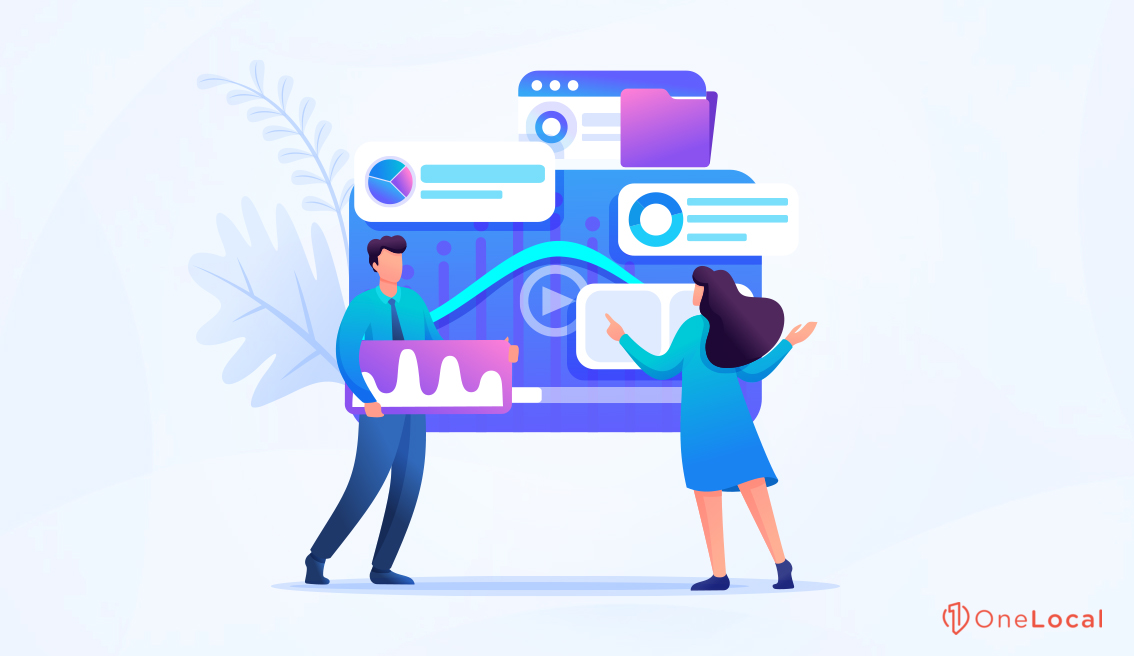
Another system that can integrate with an appointment booking system is your marketing and sales platforms. All the customer information added to the system by their profile or their bookings can be synced with information from marketing and sales. Marketing can use this information in aggregate to understand your target audience and appropriately target advertising, online and off. Sales can use that information to customize sales calls, reach out to individual customers, and engage with them on a deeper level. Depending on your business, this can be a dramatic improvement to your current system.
24/7 Availability
Perhaps one of the best benefits of using a virtual booking system is availability. If your business operates during traditional business hours and your customers work during those same business hours, you lose many potential customers. How many people can never get through your phone system during their lunch hour because hundreds of other people are trying at the same time? How often do you lose customers you never knew you could have had due to missed calls?
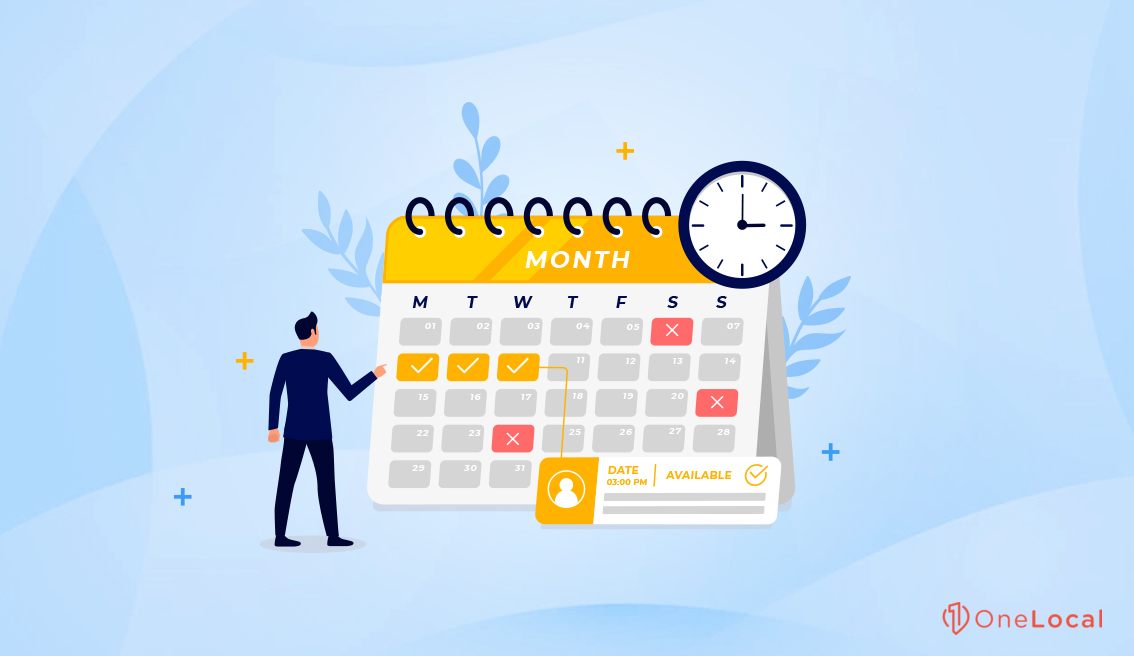
With an online, virtual scheduling system, all of those potential customers can access your system at their leisure. They don’t need to wait for one of your employees to be available to answer the phones. Instead, they can visit on their device of choice, schedule an appointment whenever they want, and move on with their day. There’s no queue and no waiting for someone to pick up the phone; there’s just an always-available system online.
Automatic Appointment Reminders
No-shows are a huge problem with any appointment-based business. This is why so many have deposits or penalties for failure to attend an appointment: the business loses a lot of money and time when an appointment doesn’t show.
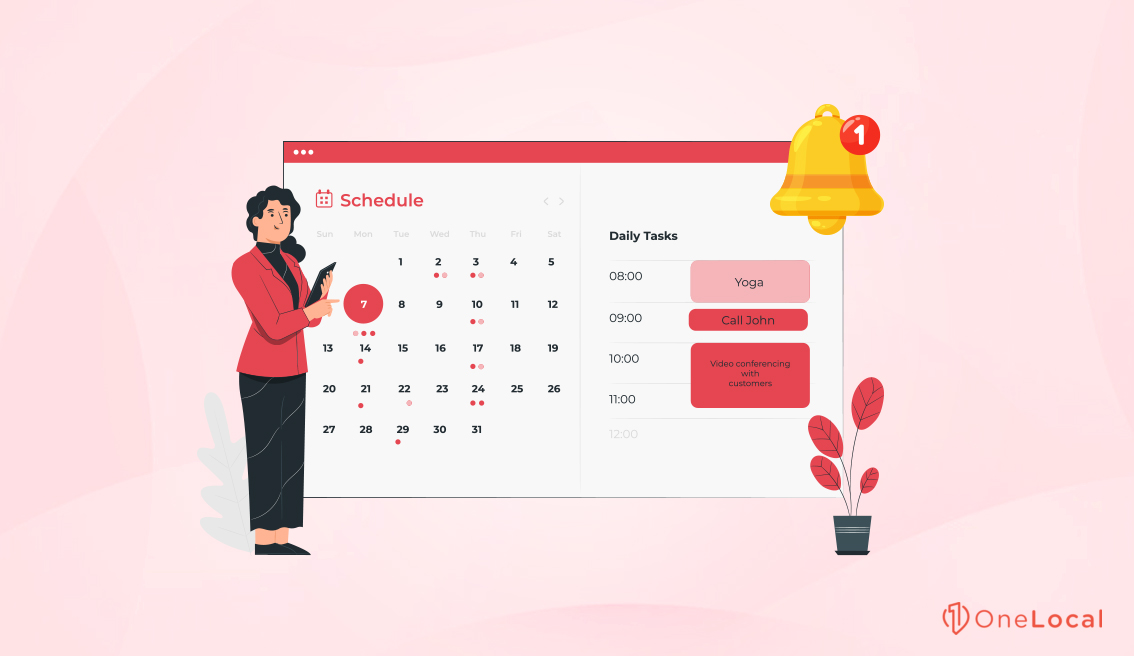
Using a virtual system minimizes no-shows in several ways.
- Reminders via phone call or SMS help customers remember their appointments.
- Online systems allow easy access to reschedule or cancel an appointment.
- Automatic deposits help users internalize the potential penalties for not attending.
Appointment reminders alone can reduce no-shows by as much as 40%.
Overbooking Protection
Human error can be an issue in a scheduling system that doesn’t use one central, synced calendar. How often have you had problems with multiple employees scheduling appointments using the data they have on hand, only to find a slot has been double-booked? Not only does it waste time, but it also necessitates more calls and more phone-tag to reschedule one or the other.
By being based in the cloud, virtual systems use a single centralized calendar that immediately updates when an appointment is scheduled. Anyone else working with the system will see the appointment as soon as it is booked and can easily avoid double-booking.
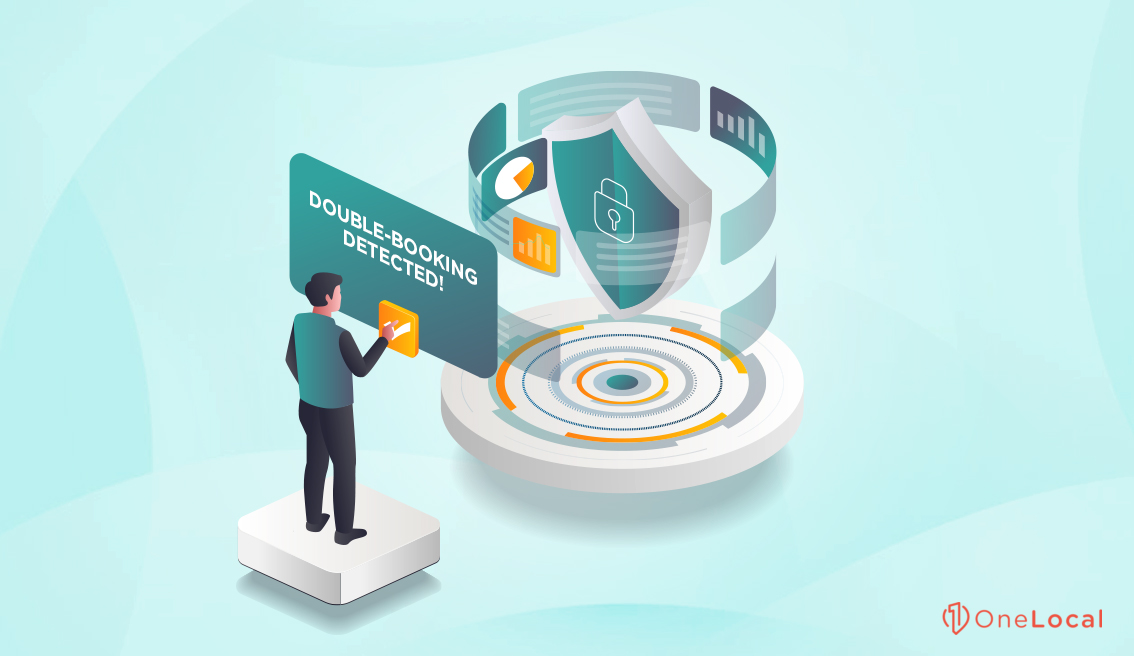
Additionally, if multiple people are accessing the system simultaneously, spots can be reserved for the first person to view them for a set duration. The second user can wait until the reservation expires, or they can find a different slot that works for them, all without the need for human intervention from your staff.
Integrated Analytics
The more data you have, the better decisions you can make. A virtual appointment booking system will typically have some level of analytics built into it. You can learn information such as how often you have no-shows, when appointments are commonly scheduled, which channels are most used for scheduling, and more.
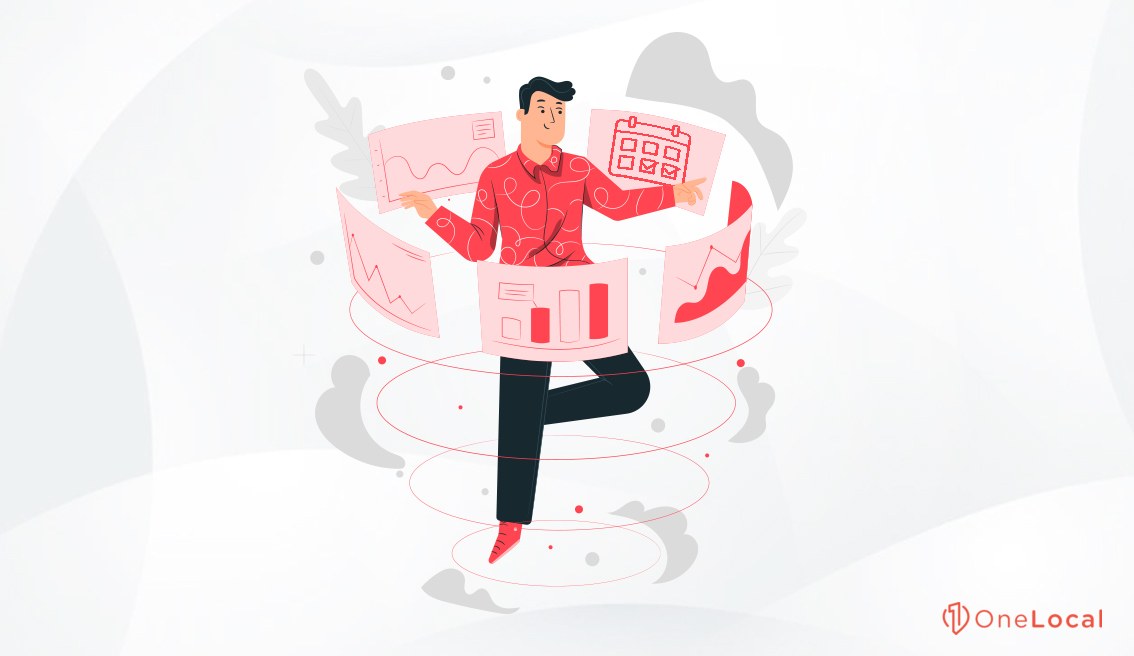
All of this information can help you identify and address problems you may not have known were problems beforehand. You can also tie this data to customer information and demographics to build trends, ferry more data to marketing and sales, and generally improve your business in data-driven ways.
Better Accessibility Features
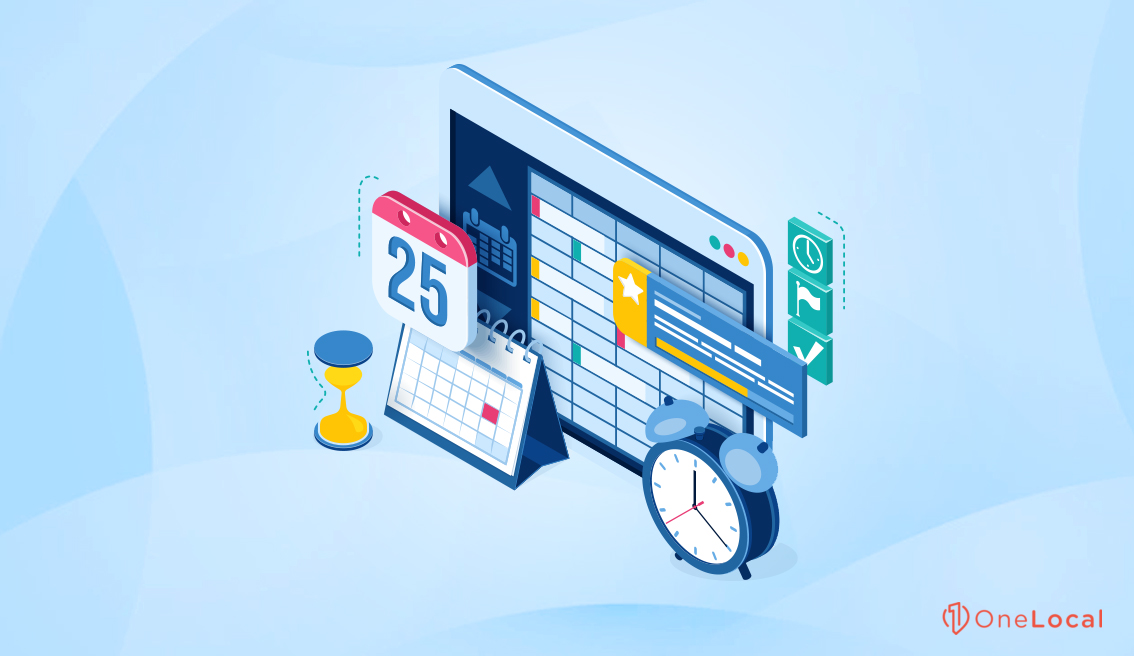
Sometimes, a potential customer will come along who has a disability of some kind. They want to work with you, but can they? Is your phone system set up to handle the hearing impaired? Can your website handle the visually impaired? An online booking system with modern web accessibility features can help with these customers and more. This helps broaden your audience to serve more people, which is never a bad thing.
Less Human Error
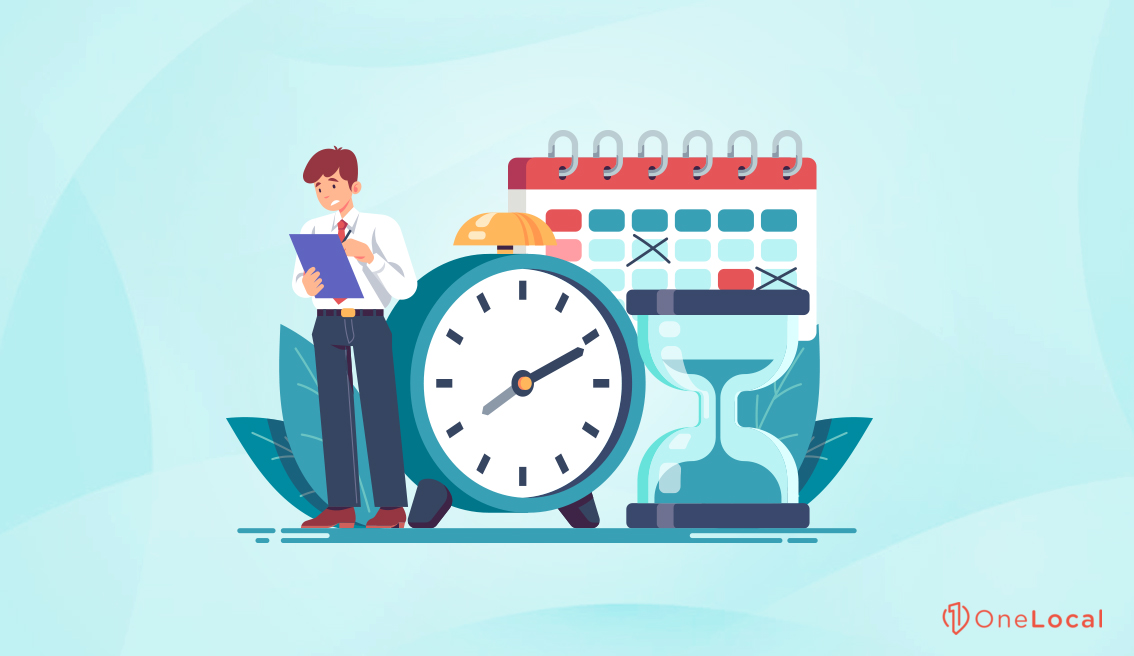
Human error is inevitable. We’ve already mentioned several ways in which human error can cause problems, whether it’s double-booking, mis-scheduling, or even something as simple as failing to verify identity and causing issues with misattribution between users with similar names. Much of this can be reduced by allowing customers to use a self-serve system and verify their information.
Google SEO Benefits
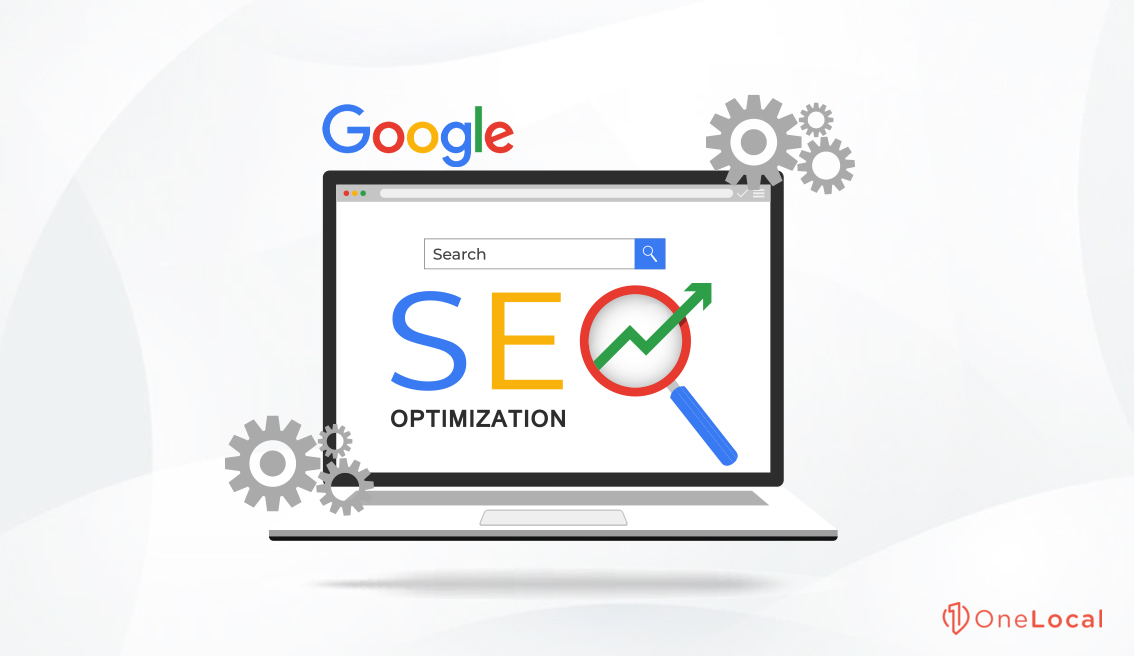
For local businesses, in particular, an appointment system accessible online is a significant SEO feature. Google’s system has a special “book an appointment” button it can add to any business profile. If you have such a system, you can earn this button, which helps give you greater visibility and accessibility to potential customers. It’s a powerful SEO boost, especially for local businesses with relatively small service areas.
Your Needs Met
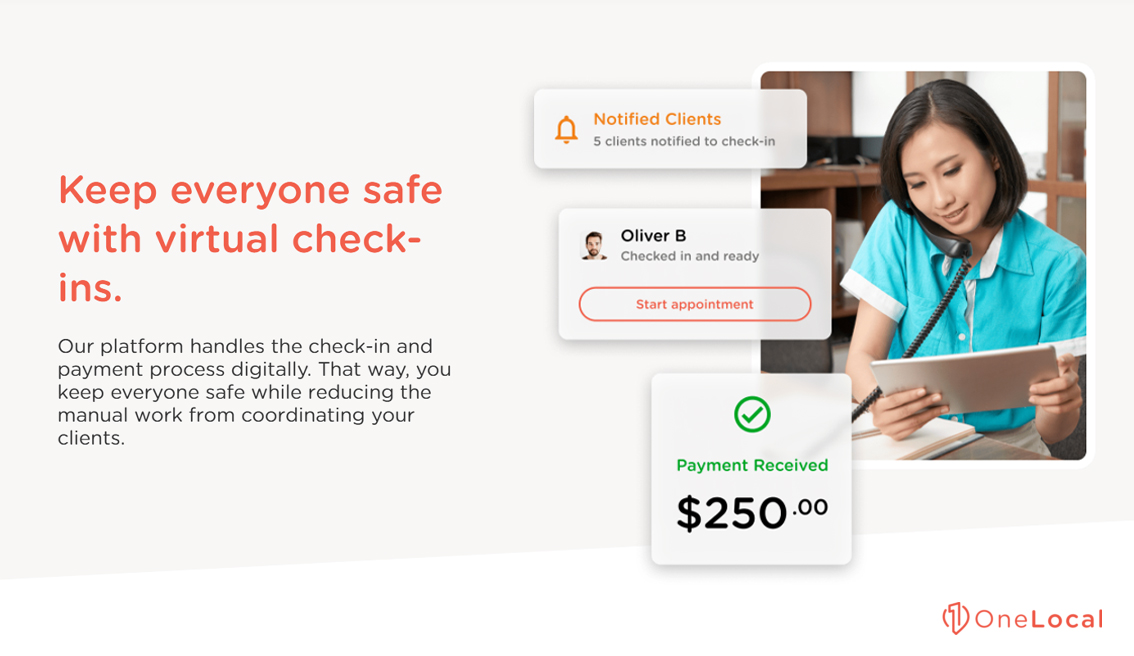
Whether you need a simple appointment scheduling system or a more robust system with links to marketing, sales, advertising, and support, you can find it here. Our LocalVisits system offers as lightweight or as deep a service as your business needs to succeed. We can link up with a payment processor, offer call answering AI, implement online booking, and much more. You can even handle customer check-in digitally, reducing further burdens on your front desk staff and your reliance on paperwork. Reach out to us today for a demo or to sign up, or if you have any additional comments, questions, or concerns about the service.

Rachel Solway is a seasoned marketing professional dedicated to empowering small businesses through innovative marketing strategies. With extensive experience at OneLocal, a leading marketing solutions provider, Rachel’s insights are helping thousands of local businesses navigate the digital landscape.

